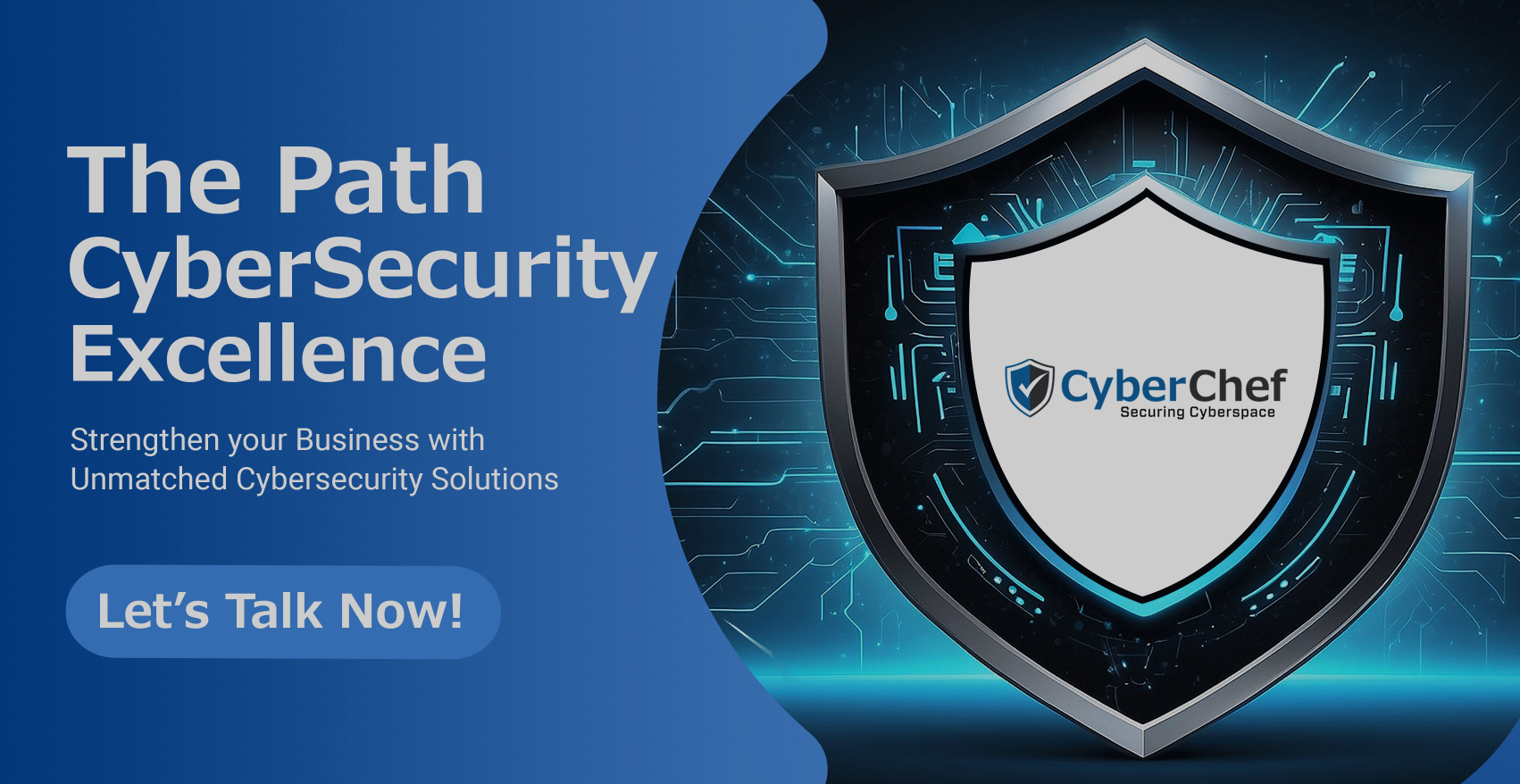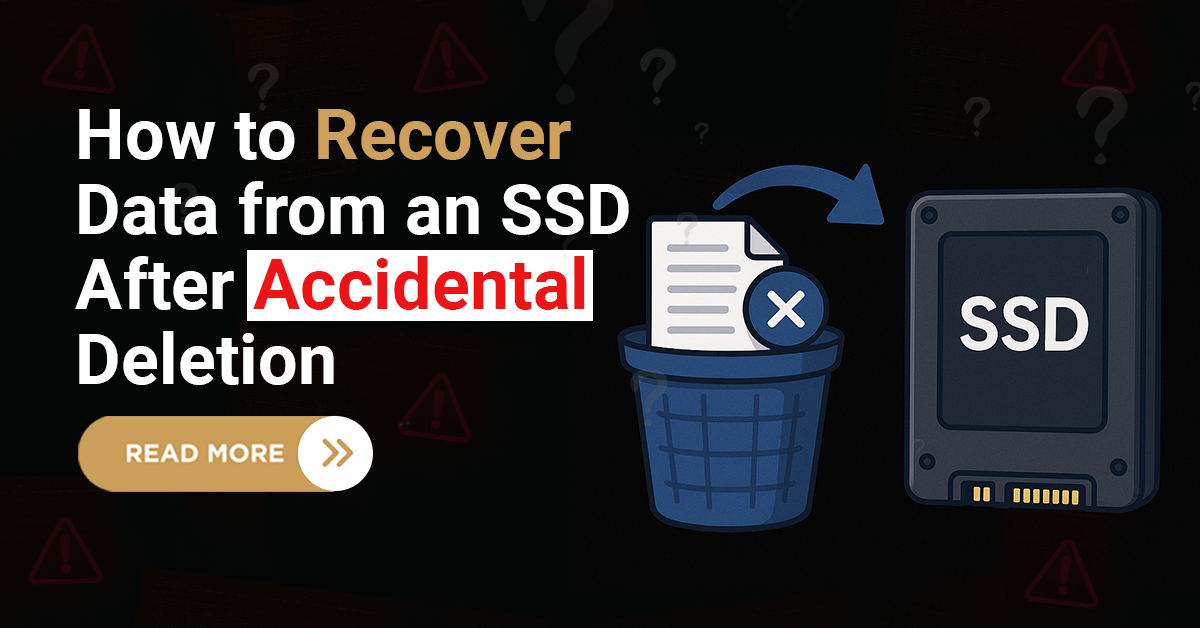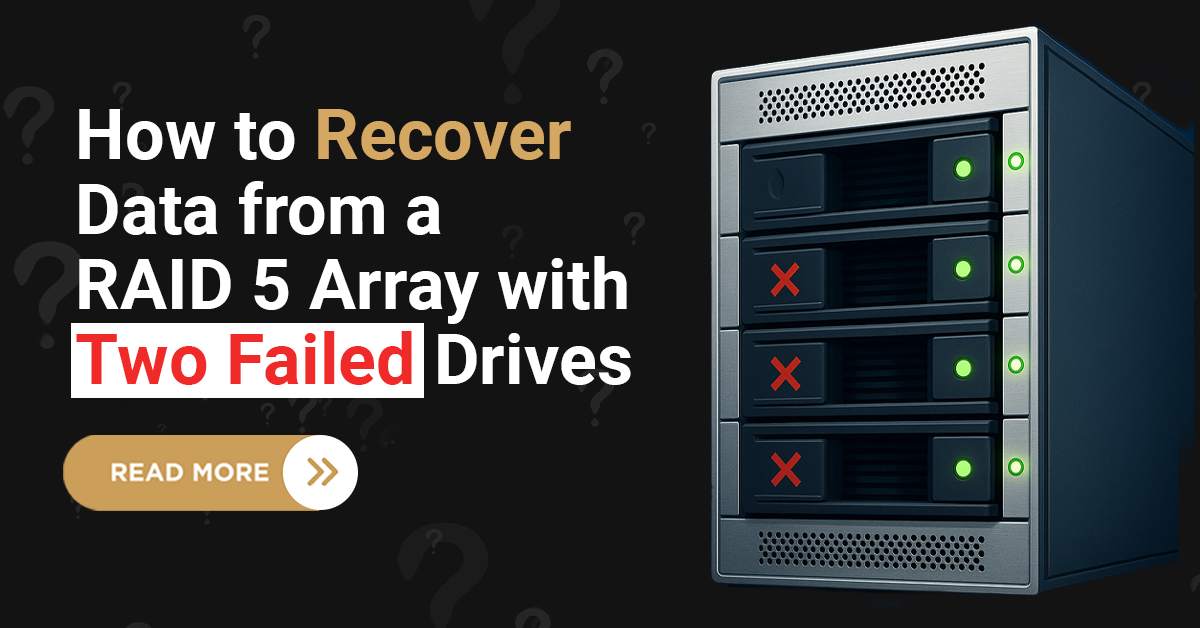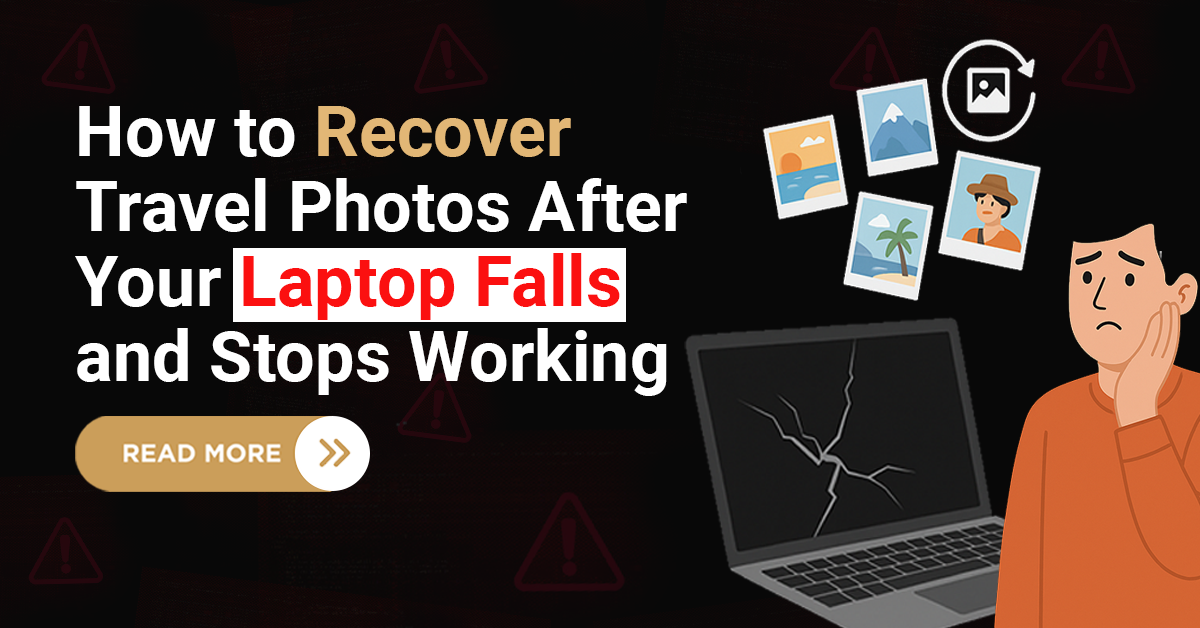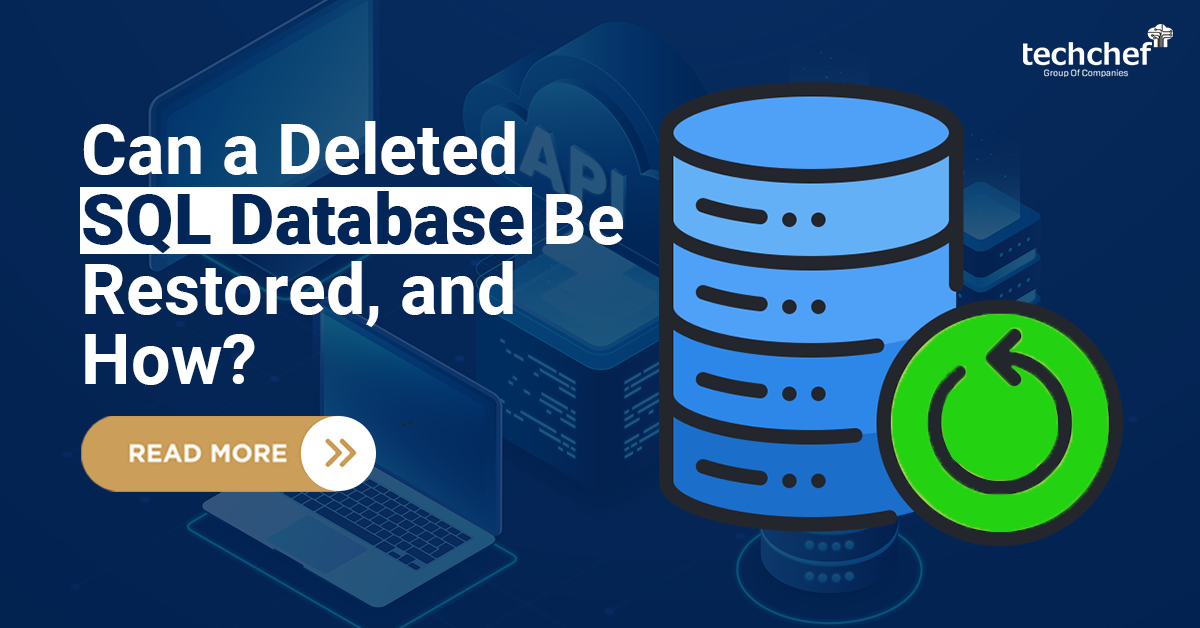After launching the Digital India Programme in 2015, the Indian economy and society are moving towards digitization to connect the country’s population, enhance government services, and promote economic growth through digital technologies. But as India’s digital programs continue to grow, it faces many cybersecurity challenges. – Source- https://csc.gov.in/digitalIndia
In this article, we will discuss how cyber threats have become a threat to emerging digital transformation dreams, how our government is preparing to deal with them, and what we can do to make ourselves safe from cyber threats.

Cybersecurity
About Cybersecurity
Cybersecurity is a safety system that helps protect us online, ensuring the data we store on online platforms remains secure and shielded from breaches. It is primarily concerned with protecting our privacy and financial details on the online platform, ensuring that they are accessible only to authorized users.
Why do we need cybersecurity in our digital work?
As per the National Crime Record Bureau (NCRB) data, in 2020, India reported an 11% jump in cybercrime. Cybersecurity becomes necessary when advancements in network systems and online work environments improve work conditions. – Source – https://www.business-standard.com/article/current-affairs/11-jump-in-cyber-crime-in-2020-ncrb-data-in-home-panel-report-122021100189_1.html
While these advancements offer significant advantages, they also create a serious threat to our businesses and personal lives. They have the potential to compromise our privacy and place us in challenging situations, like the prediction of IBM for this year According to IBM, the average cost of a data breach in India will be INR 179 million in 2023.
What are the challenges of cyber security in the Indian digital transformation?
India’s ambitious Digital India and e-governance projects are driving digital transformation. Ensuring the security of digital services is important for the success of these initiatives. India is working on strengthening data privacy and protection with the proposed Personal Data Protection Bill.
Initiatives like the National Cyber Security Policy and the Cyber Swachhta Kendra (Botnet Cleaning and Malware Analysis Center) have been launched to enhance cybersecurity in the country. – Source https://www.meity.gov.in/writereaddata/files/downloads/National_cyber_security_policy-2013%281%29.pdf
Source – https://www.csk.gov.in/
However advanced we are in working on digital transformation, there are some major challenges we have to face. Some of them are-
Lack of Cybersecurity Awareness: Many users and organizations in India lack awareness of cybersecurity best practices. This lack of awareness can make them more vulnerable to cyberattacks.
Evolving Cyber Threats: Cyber threats are constantly evolving. Attackers are developing more sophisticated methods, which require organizations to stay ahead of these threats with advanced cybersecurity measures.
Cybersecurity Capacity Building: Building the capacity to respond to and recover from cyber incidents is essential. Developing incident response teams and cybersecurity incident management capabilities is a challenge.
Mass Level of Use: As digital infrastructure and online services expand, cyber threats and attacks are on the rise. These include hacking, data breaches, ransomware, and various forms of cybercrime. Protecting against these threats is a constant challenge.
The Need for Skilled Professionals: To combat cyber threats effectively, India needs a skilled workforce of cybersecurity experts. Unfortunately, there is a severe shortage of professionals in this field.
Data Privacy and Protection: India’s digital transformation has given rise to extensive data collection and storage. the Personal Data Protection Bill, which aims to protect the privacy and security of personal data. However, implementing and enforcing these regulations has significant challenges.
Tips to Protect Online Data
Our government is working hard to protect our data online, but how can we take the initiative to protect our data on an online platform? What initiative can we take?
Here are some valuable tips to help us keep our online data safe. By following these tips, we can significantly enhance our online data security and reduce the risk of falling victim to cyberattacks or data breaches.
Strong Passwords: Use complex, unique passwords for each online account. A strong password typically includes a mix of uppercase and lowercase letters, numbers, and special characters. Avoid easily guessable information like birthdays or common words.
Regular Updates: Keep operating systems, software, and antivirus programs up to date. Updates often contain important security patches to protect against vulnerabilities.
Secure Wi-Fi: Use strong passwords for Wi-Fi networks. Also, avoid using public Wi-Fi networks for sensitive transactions; if you must, use a VPN (Virtual Private Network) for added security.
Privacy Settings: Review and adjust the privacy settings on your social media accounts and other online services to limit the amount of personal information visible to others.
Safe Downloads: Only download files or software from reputable sources. Be cautious of unofficial websites or torrents, as they may contain malware.
Email Security: Use a registered email service with spam filters and be cautious when opening email attachments or clicking on links, even from known contacts.
Device Security: Secure your devices with PINs, passwords, or biometric authentication. Enable remote tracking and wiping in case your device is lost or stolen.
Conclusion
As India advances in its digital transformation, cyber security challenges are inevitable. All of us need to be alert and proactive in protecting our online data. Informed use of the online platform can protect us from data breaches, and we can help by doing this for the digital transformation of India.
If your data is lost due to malware, virus attacks, or encryption, worry not! With the help of Techchef Data Recovery, you can regain access to your lost data You just have to call us at 1800-313-1737 and tell our data recovery professionals your query, and they will suggest the best option according to your data recovery needs.


